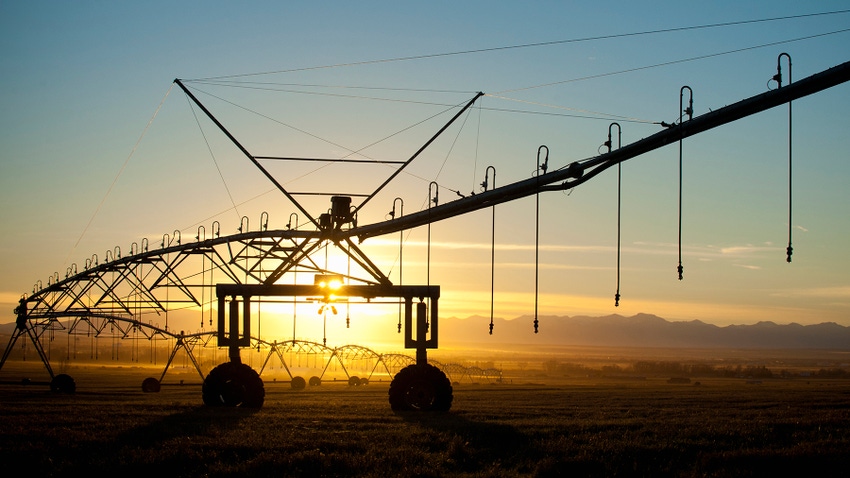
When interest rates were rising over the last two years, speculation arose over red-hot farmland values finally cooling off. The latest cycle — May 2022 through July 2023 — saw rates tick higher 11 times, rising to the highest level in more than two decades.
But that ticking wasn’t the engine cooling.
Most entities still saw land values tick higher last year. The USDA National Agricultural Statistics Service’s land values summary, released in August, showed farmland values moving 12% higher between 2021 and 2022. Land values then rose 7.4% between 2022 and 2023.
Building immunity
Are farmland values truly impervious to outside economic indicators? It sure seems that way, although the reality is a little more nuanced than that. First, interest rates have likely peaked, with the Federal Reserve hinting at three cuts later this year.
Second, farmers collectively have an unprecedented amount of cash on hand. Buyers willing to pay for a parcel of land outright in cash aren’t really concerned with interest rate trends, according to Ronnie Richardson, CEO of National Land Realty.
“Sixty percent of what we sell is cash, so it doesn’t matter what the rate is,” he says.
Generational wealth
Richardson thinks the smartest purchases in 2024 will be land that is close by and irrigated. He outright calls that a “gold mine” — especially in the Midwest.
But don’t get carried away with the price tag, Richardson says, although he does recognize the complexity around the decision-making process. It may be a once-in-a-generation opportunity, for example. Or you may find yourself in a bidding war. Cooler heads tend to prevail, he says.
“How do you farm your way out of $30,000 an acre?” he asks.
On the other hand, if a piece of land has strong potential to increase in appreciation, it may be worth targeting, Richardson adds.
“If you buy a golden apple, you’ll sell a golden apple someday,” he says.
Farmland values have been a tremendous long-term investment, with a steady stair-step pattern of gains over the past 40 years, he notes. The appreciation outruns most investments, in fact.
Sell a bit, save rest?
Another thing worth noting: Inventory is relatively low right now, making it a seller’s market. If you’re thinking about selling, Richardson recommends being a proactive planner.
“I hate getting calls out of necessity because the bank is coming,” he says. “This isn’t lunch money; it’s generational wealth. If you have it on your mind, I’d get the process started this year.”
National Land Realty conducted a recent survey that showed that while 65% of respondents indicated they would sell land because prices were high, 25% are in the market because they have no heirs to leave it to.
“That stunned me a little,” Richardson says. “If my grandparents had a farm and I wasn’t going to farm it, I’d tell them, ‘Let’s plan, plan, plan.’ ”
About the Author(s)
You May Also Like






